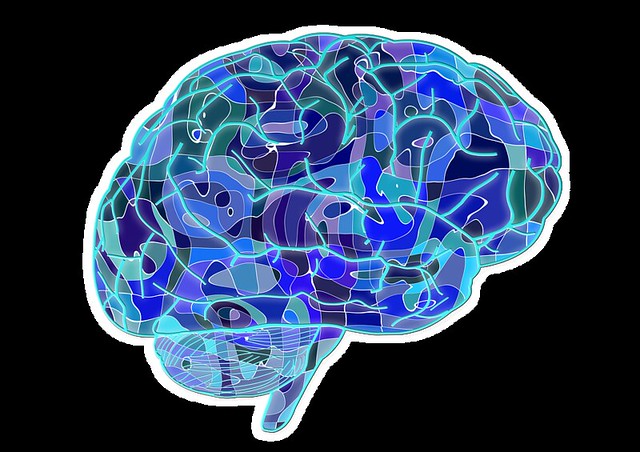 EMERGING TECH
EMERGING TECH
 EMERGING TECH
EMERGING TECH
 EMERGING TECH
EMERGING TECH
Facebook Inc. is one step closer to developing augmented reality glasses that will allow people to type without people having to use a keyboard, the company announced Tuesday.
The company first talked about building a “brain-computer interface” at its F8 developer conference in 2017. This week Facebook said after working with the University of California at San Francisco, the goal of reading the brain and turning thoughts into text has now become more of a reality.
In an article published in Nature, researchers funded by Facebook demonstrated just how far they’d gotten. They said they’d taken three volunteers and, using electrodes called ECoG arrays placed on their brains, had mapped their brain activity while they were asked questions and then gave answers.
There were 24 questions in total, two of which asked the patients how much pain they were in and which musical instrument they preferred. They were then given a list of potential answers. The three patients were already in the hospital while doctors attempted to find where their epileptic seizures were coming from.
The upshot was that the brain interface mapping software, after being trained hearing the questions and responses, learned to identify the words with brain signals. It wasn’t 100% accurate, but it in some tests had a 76% accuracy.
“This is the first time this approach has been used to identify spoken words and phrases,” said David Moses, one of the researchers on the team. “It’s important to keep in mind that we achieved this using a very limited vocabulary, but in future studies we hope to increase the flexibility as well as the accuracy of what we can translate.”
In a post, Facebook said the next step would be to measure brain activity not with invasive electrodes but by using “near-infrared light to measure blood oxygenation in the brain from outside of the body in a safe, non-invasive way.” This way a wearable could be used to read brain commands in the future.
“While measuring oxygenation may never allow us to decode imagined sentences, being able to recognize even a handful of imagined commands, like ‘home,’ ‘select,’ and ‘delete,’ would provide entirely new ways of interacting with today’s VR systems — and tomorrow’s AR glasses,” Facebook said.
The company said that in a decade, there is every possibility that a noninvasive brain interface could be a thing, given what the researchers have achieved. “It’s a tantalizing vision, but one that will require an enterprising spirit, hefty amounts of determination, and an open mind,” Facebook wrote.
Support our mission to keep content open and free by engaging with theCUBE community. Join theCUBE’s Alumni Trust Network, where technology leaders connect, share intelligence and create opportunities.
Founded by tech visionaries John Furrier and Dave Vellante, SiliconANGLE Media has built a dynamic ecosystem of industry-leading digital media brands that reach 15+ million elite tech professionals. Our new proprietary theCUBE AI Video Cloud is breaking ground in audience interaction, leveraging theCUBEai.com neural network to help technology companies make data-driven decisions and stay at the forefront of industry conversations.